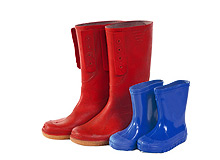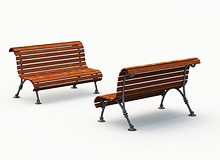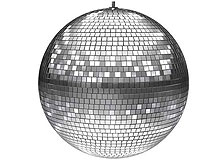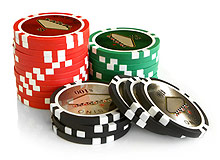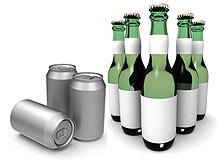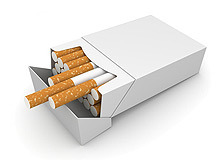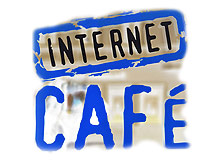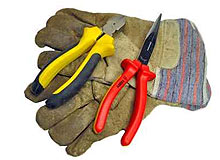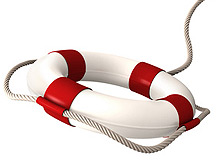The terms »child« and »young persons« are currently defined differently by various regulations. Pursuant to the Family Act the age of majority is 18. Pursuant to the Ombudsman for Children Act, a child is any person below the age of eighteen years. Other regulations, for instance, the Criminal Code, defines a child, as referred to in this Code, as a person who has not reached the age of eighteen years. Pursuant to the Juvenile Courts Act a minor shall be a person whose age, at the time when the offence was committed, was between fourteen and eighteen, and a young adult shall be a person whose age, at the time when the offence was committed, was between eighteen and twenty one.
